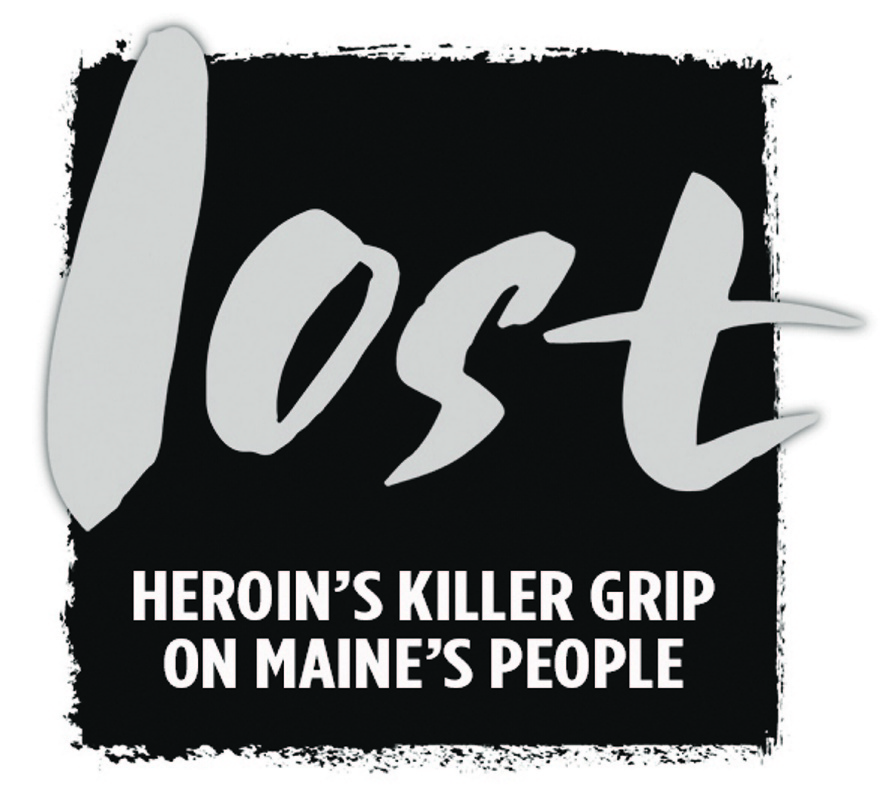Maine addiction experts and some members of the state’s congressional delegation said President Trump’s declaration of the opioid crisis as a public health emergency is an important step but believe what happens next is more critical.
Eric Haram, former behavioral health director of the Addiction Resource Center at Mid Coast Hospital in Brunswick and now a treatment consultant in Maine and other states, said the president’s remarks Thursday were light on specifics. But if nothing else, the announcement could serve as a reminder to people that the deadly problem is not going away, he said.
“Certainly, the hope is that this pushes people to more quickly implement some of the innovative strategies that have been developed,” Haram said. “People that work in the field have been waiting and waiting for it to be treated with the kind of urgency that’s needed.”
Dr. Mary Dowd, an addiction specialist who works at the Milestone Foundation’s detox center in Portland and also treats Suboxone patients at Catholic Charities, agreed that there is value in continuing an open discussion about the crisis, especially if the president is a major participant.
But it still comes down to resources, she said, and she’d like to see more funding committed.
“Many of the people we’ve seen, or had to turn away, are having trouble getting a doctor to prescribe Suboxone, or don’t have a way to pay for it,” she said.
The president’s declaration of a public health emergency does not provide additional federal funding, but it does allow agencies to redirect previously budgeted grant money. That will be up to states to decide and it’s not clear what Maine will do.
Gov. Paul LePage, whose comments about Maine’s opioid crisis over the last several years have varied widely and have sometimes been incendiary, was one of six governors at the White House for the president’s announcement.
“The governor was there to highlight the initiatives the LePage administration has undertaken to address the opioid crisis in Maine,” Peter Steele, LePage’s communications director, said in an email. Steele provided a list of accomplishments, including strengthening opioid prescribing limits, increasing funding for medication-assisted treatment and creating a new treatment model called opioid health homes.
Emily Spencer, spokeswoman for the Maine Department of Health and Human Services, also touted those efforts, which she said are starting to yield results.
A CRITICAL NEED FOR MORE TREATMENT
While much of the country has been mired in an opioid crisis for the past several years, the problem has been particularly acute in Maine, which has seen a high rate of consumption of prescription opioid painkillers. Overdose deaths in Maine have climbed at a rate that has been among the highest of any state over the past four years.
A report released last month from the Maine Attorney General’s Office indicated drug overdoses killed 185 people in the 181 days from January through June, a slight decrease from the 189 deaths for the same period a year ago. Although the apparent plateau may seem like good news, the total number of deaths in 2016 – 376 – was the highest ever recorded in Maine.
Last spring, the Portland Press Herald/Maine Sunday Telegram published a 10-part series exploring the state’s opioid epidemic, which has reached communities large and small and families poor and affluent. It found that Maine’s signature lobster industry has been hit especially hard, and that women are at greater risk because of a lack of services.
The series also found that despite some efforts to address the problem, there remains a critical need for more treatment, especially for the uninsured. And it found that stigma and shame still exist as barriers to progress.
Haram and Dowd each said Trump’s declaration Thursday could help persuade more people to view addiction with compassion and reduce the stigma associated with it.
Although LePage applauded the president’s declaration, Maine has not issued its own declaration of an emergency, as six other states have done, including Maryland this year. The announcement by Maryland Gov. Larry Hogan included a pledge of $50 million in new spending over five years.
And some in Maine have criticized LePage for being slow to embrace medication-assisted treatment and Narcan, the overdose antidote, even as deaths were piling up.
KING: ‘WE MUST USE EVERY TOOL’
Sen. Angus King of Maine, an independent, has become a leading voice on the opioid crisis and prior to the president’s announcement called for a comprehensive approach and more funding. On Thursday, the senator applauded the president’s declaration, but said he hopes it’s just the first step.
“To fully respond to this American crisis, we must use every tool at our disposal,” he said. “I hope to continue working with the administration in the coming weeks and months to increase funding for this battle and explore additional actions that can help save lives in Maine and across the country.”
King is among several senators sponsoring a bill called the Combating the Opioid Epidemic Act, which would allocate an additional $45 billion for prevention and treatment of opioid addiction over the next 10 years. He also wrote a letter to Trump urging him to allow the government to negotiate lower prices for life-saving opioid overdose reversal drugs such as Narcan.
Rep. Chellie Pingree of Maine, D-1st District, said she didn’t see enough specifics from the president Thursday and echoed concerns about adequate funding.
“While I appreciate that the president has finally taken a formal step, his declaration is short on specifics and lacks critical funding,” she said. “If the president truly wants to stem opioid addiction, he will bolster – not dismantle – the Affordable Care Act, support Medicaid funding, and engage agencies necessary to fight this crisis.”
Rep. Bruce Poliquin of Maine, R-2nd District, a member of the Congressional Bipartisan Task Force to Combat the Heroin Epidemic, praised the president’s action and said he hopes it leads to more sustained action.
“Today’s declaration prioritizes the urgency of this epidemic for the federal government and will ultimately help Maine and our local communities more effectively fight this crisis,” he said.
Eric Russell can be contacted at 791-6344 or at:
Twitter: PPHEricRussell
Send questions/comments to the editors.





Success. Please wait for the page to reload. If the page does not reload within 5 seconds, please refresh the page.
Enter your email and password to access comments.
Hi, to comment on stories you must . This profile is in addition to your subscription and website login.
Already have a commenting profile? .
Invalid username/password.
Please check your email to confirm and complete your registration.
Only subscribers are eligible to post comments. Please subscribe or login first for digital access. Here’s why.
Use the form below to reset your password. When you've submitted your account email, we will send an email with a reset code.